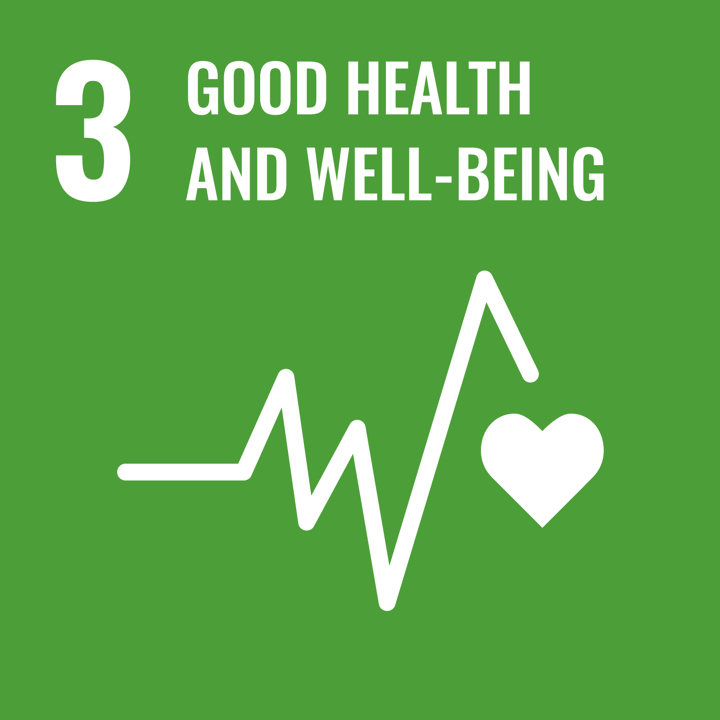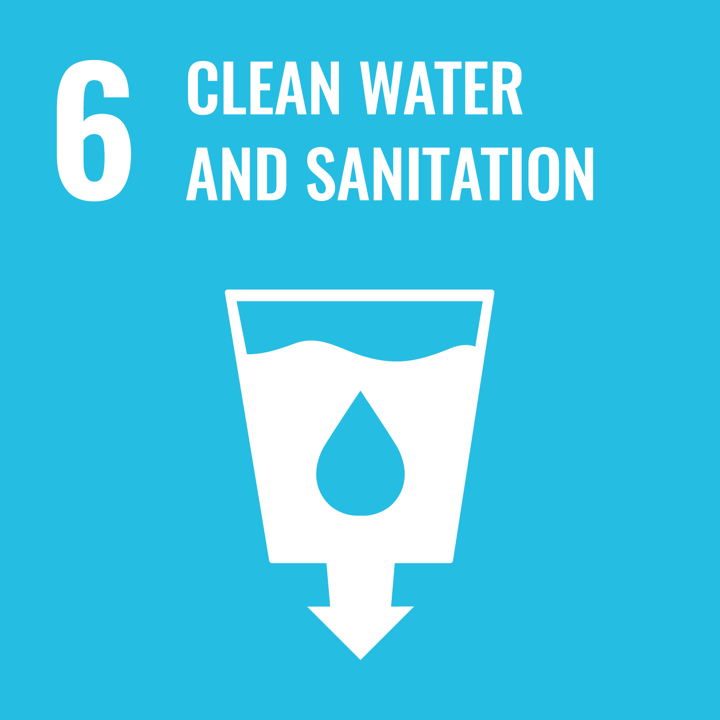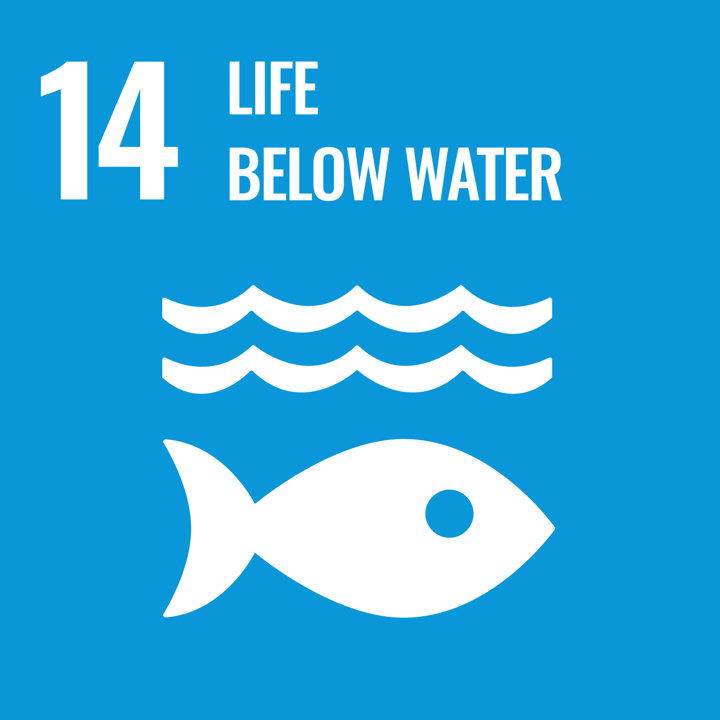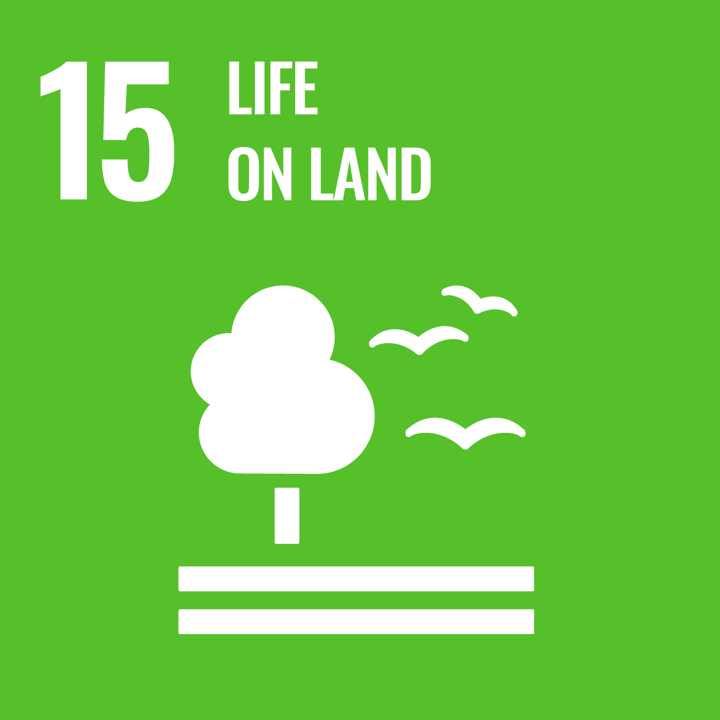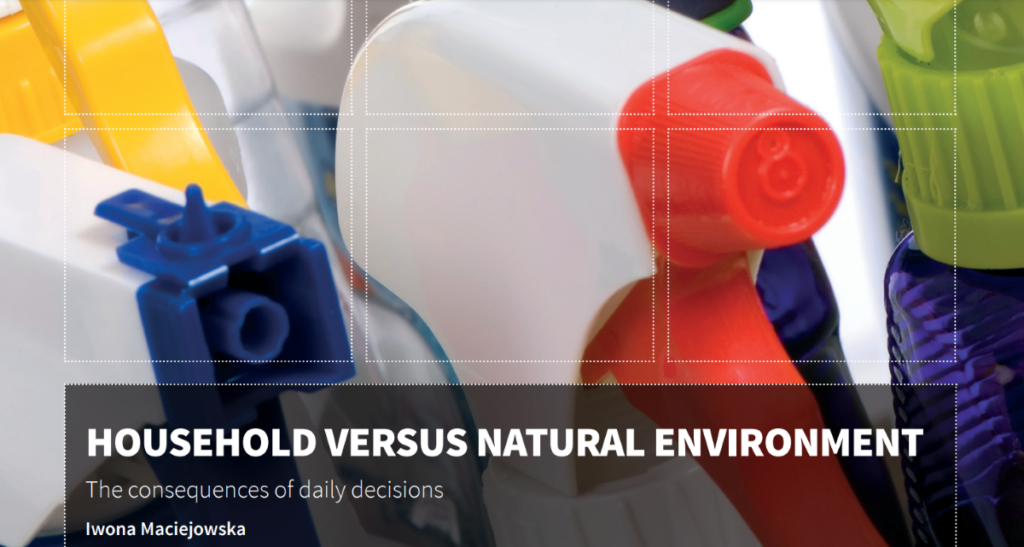
Avsedd slutanvändare: Lärare
Åldersgrupp: Högstadiet; gymnasiet
Läroplan för skolan: Naturvetenskap; Samhälls- och miljövetenskap
Teman och ämnen: Behaviour & Lifestyle; Environmental Change; Food and Agriculture; Pedagogy Approaches
Varaktighet: 1-Hour Lesson X 2
Typ av resurs: Assessment, Experiment, Lesson Plans
Nyckelord: Water quality, Ecotoxicity, Household chemical, Inquiry Based Learning, Assessment
Språk: engelska: Engelska
Beskrivning
The Household versus natural environment Strategies for Assessment of Inquiry Learning in Science (SAILS) inquiry and assessment unit focuses on the environmental implications of the use of cleaning agents. Students investigate the growth of cress in various conditions, allowing them to determine the impact of commonly used household chemicals on the environment. Students assess the consequences of daily decisions taken in their homes and thus develop a sense of responsibility for the actions they take. This unit is recommended for implementation at both lower and upper second level, as a guided or open inquiry conducted over two lesson periods.
This inquiry and assessment unit is part of series inquiry based learning units covering topics from biology, chemistry and physics. They show how evidence of student learning can be collected and evaluated using a variety of methods such as classroom dialogue, teacher observation, presentations, peer-assessment, self-assessment, student artefacts, and use of assessment rubrics.
Så här använder du den här resursen
The resource starts with a proposed exploration of students’ prior knowledge of the effects of cleaning agents and detergents on the natural environment. Concepts such as Ecotoxicity are introduced and everyday household habits are reflected upon.
The open or guided inquiry-based learning approach set out to investigate the impact of household cleaning agents and detergents on the natural environment. Assessment strategies and rubrics facilitate the assessment of student learning including teacher observation, student artefacts and self-assessment.
The SAILS Project focuses on assessing student inquiry learning in science, providing a range of assessment strategies and accompanying rubrics that Synapses participants can adapt.
Resurserna
SAILs Household Vs Natural Environment PDF:
The SAILS Project website and additional Inquiry-Based Learning and assessment resources can be accessed here:
Lärandemål (lärare)
- Ta reda på förkunskaper och vidareutveckla kunskapen om och förståelsen för viktiga nyckelbegrepp inom hållbart medborgarskap genom att utmana etablerade världsbilder och värderingar.
- Tillämpa en rad lämpliga verktyg och ramverk för att främja studenternas hållbarhetsmedborgarskap
- Utveckla och tillämpa bedömningskriterier för att utvärdera studenternas hållbarhetsmedborgarskap.
Gröna kompetenser
- Förankring av hållbara värderingar: Värdering av hållbarhet; Främjande av naturen
- Att ta tillvara komplexitet inom hållbarhet: Systemtänkande; problemformulering
- Att föreställa sig en hållbar framtid: Utforskande tänkande
- Agera för hållbarhet: Individuellt initiativ
Creative Commons
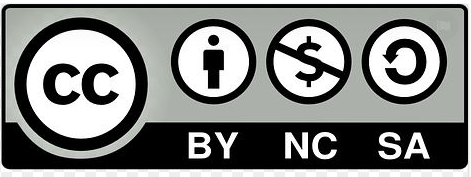
The SAILs Household Vs Natural Environment was created by the SAILS Erasmus+ Project team, Coordinated by DCU’s CASTel Research Centre. It is shared here under Creative Commons Attribution-Non-Commercial Share-Alike 4.0 International Licence.
Globala mål för hållbar utveckling
